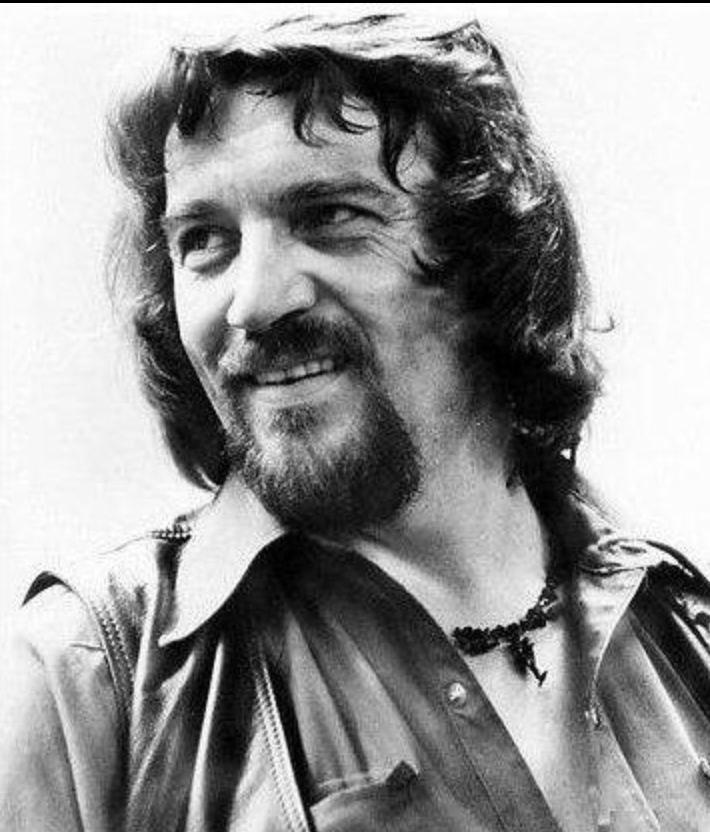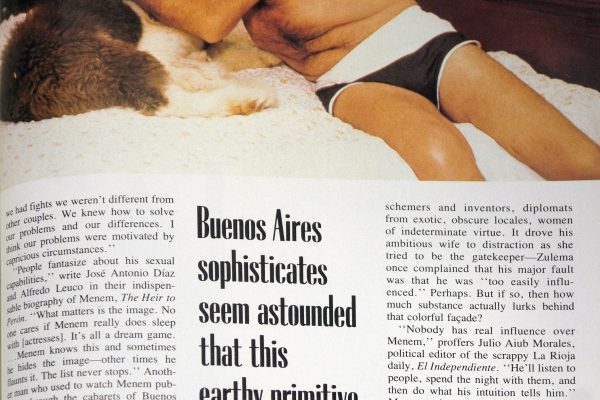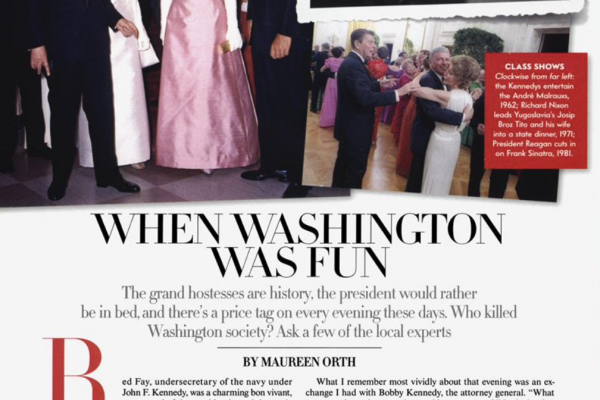Original Publication: Newsweek – August 26, 1974
Waylon Jennings has traveled most of the back-country roads during his stormy career, breaking the format of the slick Nashville sound and paying his dues in pain and isolation. “We’re considered the outlaw breed,” he says, meaning people like himself, Shotgun Willie Nelson and Billy Joe Shaver, who, along with established stars like Kris Kristofferson, Tom T. Hall and Charlie Rich, have created a new style by fusing country music with rock. No longer is there just one Nashville sound that’s finger-lickin’ good. As in his No. 1 country hit album, “This Time,” Jennings has crossed the line. He can make his music sound both pure country honest and stone-rock funky.
At a recent appearance in the New York rock club The Bottom Line, Jennings, dressed all in black, managed to look ornery and sensitive at the same time. With his high-energy performance he thrilled an enthusiastic crowd of Instamatic-toting good ole boys wedged in between the long-haired regulars. Singing his songs like the tough but tender love song “It’s Not Supposed To Be That Way,” his voice was rich, rough and full of feeling—the kind that transcends any category. He also played good guitar, but the instrumental brilliance of his excellent band, the Waylors, is focused in veteran pedal-steel-guitar player Ralph Mooney, who always brought the music back down to its grass roots. Says Jennings: “If you think a beat or an instrument or a chord progression or a kazoo makes country music or pop you don’t know what country is—it’s the soul of the singer.”
Jennings got his own soulfulness the hard way. He was once one of Nashville’s all-time hell-raisers. That was back in the mid-‘60s when he lived with Johnny Cash “tryin’ to get rid of one woman and hold on to another,” popping pills and endlessly traveling to one-night stands in the back of an old Cadillac. He was the inspiration for the sexy, self-destructive country singer played by Rip Torn in “Payday”, a fine but little-noticed film about the world of country music. Finally, two years ago, Jennings wound up in the hospital—his pill habit was killing him. After analyzing his problems and blaming them on “too many days on the road, too many people working you too hard, personal things and self-pity,” he decided to quit drugs cold. Was all the pain worth it? “Yes,” he says. “There’s never been a time I haven’t grown with my music.”
Tragedy: Jennings never wanted to be anything but a singer. He grew up in West Texas, the son of a guitar-playing truck driver, and he quit school at 14 to become one of the nation’s youngest disk jockeys. At 21 he solidified his roots in classic rock ‘n’ roll as a bass guitarist with the legendary Buddy Holly. Holly was killed in a plane
crash—Jennings had decided not to go at the last minute. The tragedy drove him away from music for two years, and even now it is hard for him to speak of it.
Today Jennings, happily married to country singer Jessi Colter and on the threshold of real stardom, can talk gleefully about producing his own record albums. “The sound and feeling is as important as the words,” he says. “A record should be like a mental picture. It should make a circle of life, style and sound.” Jennings jokes around and obviously loves the warm responses he’s getting from his audiences. Still, there’s the residual pain of all those years on the outside. “It got awful lonely,” he confesses. “People resented me and I got awful hurt. But they see now I wasn’t out to destroy nothin’.” But just in case anyone thinks Jennings has gone soft, he hastens to add: “Honey, I may make it, but I ain’t never gonna mellow.”
This article is typed from the original material. Please excuse any errors that have escaped final proofreading.




No Comments